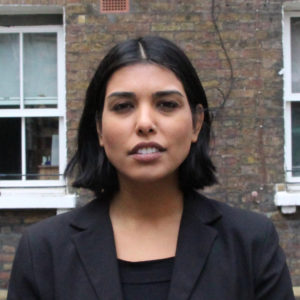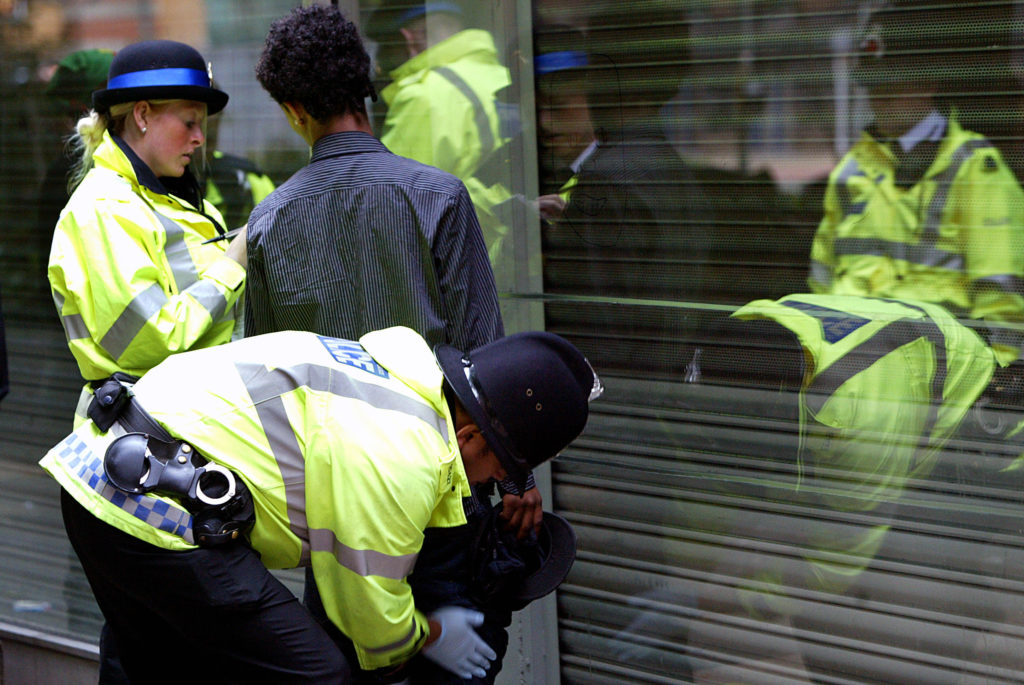Police Forces in England and Wales up to seven times more likely to fine BAME people in lockdown
Published on 17 June 2020

FOI requests highlight disproportionate policing practices across the country
Reports Mirren Gidda, Liberty Investigates journalist with additional reporting by Vikram Dodd, Guardian journalist


